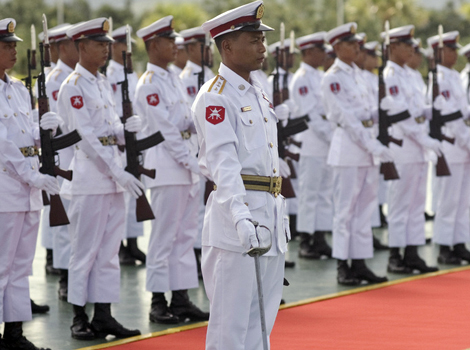
This article was originally published by Stratfor on 28 June 2014.
Ramadan for most people is a religious occasion when Muslims around the world fast from dawn until dusk. During this lunar month, the faithful also try to pray as much as possible and seek to maximize the practice of good deeds. However, Ramadan has a much less talked about geopolitical dimension.
Analysis
Ramadan, the ninth month of the Islamic calendar, begins on June 28 in North America this year (2014 on the Gregorian calendar, 1435 on the Muslim Hijri calendar). As is always the case, there are variations in the calendar — usually of one or two days — for Muslims living in different parts of the world. For instance, Saudi Arabia has announced that it will start Ramadan on June 29.
The Koran is believed to have been revealed in this month. The last 10 days are considered the most blessed — especially Laylat al-Qadr (Night of Power), which falls on the 27th night of the month.


